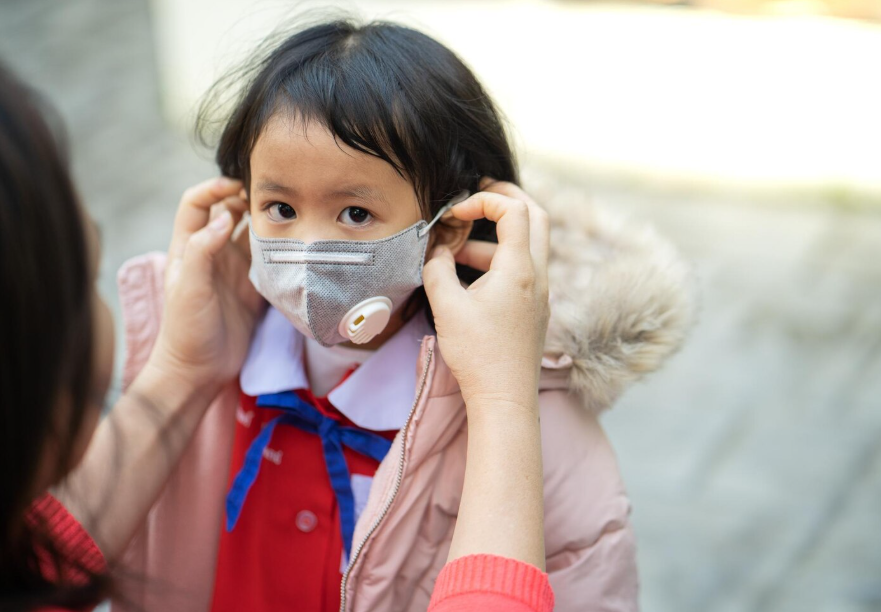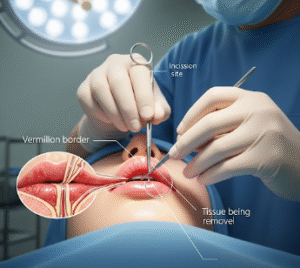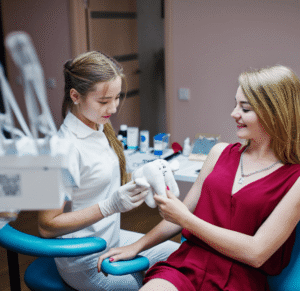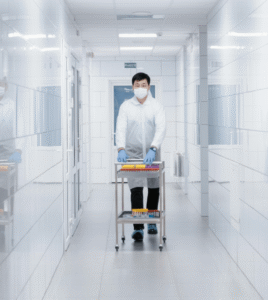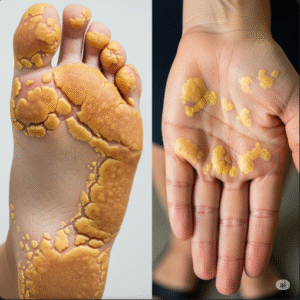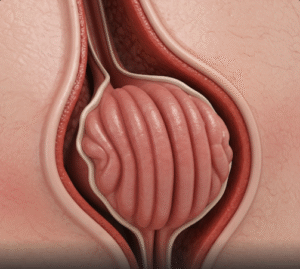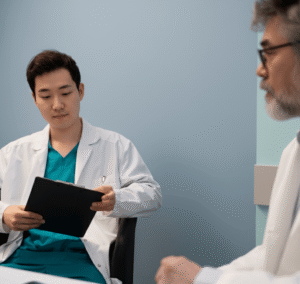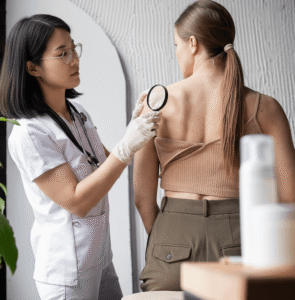Overview
Carrion’s Disease, also known as Oroya fever and Verruga Peruana, is a bacterial infection caused by Bartonella bacilliformis. It typically affects red blood cells and the skin, leading to severe febrile illness or chronic skin lesions. While extremely rare in Korea, medical centers are equipped to diagnose and manage imported or travel-related cases with advanced infectious disease care.
Symptoms
- Acute phase (Oroya fever):
- Sudden high fever
- Severe anemia
- Fatigue and malaise
- Headache and muscle aches
- Jaundice in severe cases
- Chronic phase (Verruga Peruana):
- Skin lesions appearing as red to purple nodules or warts
- Lesions may bleed or become infected
- Persistent low-grade fever
Causes
- Infection with Bartonella bacilliformis
- Transmission through the bite of infected sandflies (Lutzomyia species)
- Exposure typically occurs in endemic regions of South America; imported cases are possible in travelers
Risk Factors
- Travel to endemic areas in Peru, Ecuador, or Colombia
- Poor protection against sandfly bites
- Immunocompromised individuals may experience more severe symptoms
Diagnosis
In Korea, diagnosis is based on:
- Medical history including recent travel to endemic areas
- Physical examination to identify fever, anemia, or skin lesions
- Blood tests to detect bacteria in red blood cells
- Serological tests for Bartonella antibodies
- PCR testing for confirmation in specialized laboratories
Prevention
- Avoiding travel to endemic areas when possible
- Using insect repellents and protective clothing to prevent sandfly bites
- Screening and early evaluation after travel if symptoms appear
- Maintaining general health and immune function
Treatment Options in Korea
- Medical Management
- Antibiotics such as chloramphenicol or ciprofloxacin for acute infection
- Supportive care for anemia, including blood transfusions if severe
- Chronic Phase Management
- Antibiotic therapy for skin lesions
- Local wound care to prevent secondary infections
- Specialist Care
- Managed by infectious disease specialists in Korean hospitals for imported or severe cases
- Monitoring for complications such as severe anemia or sepsis

